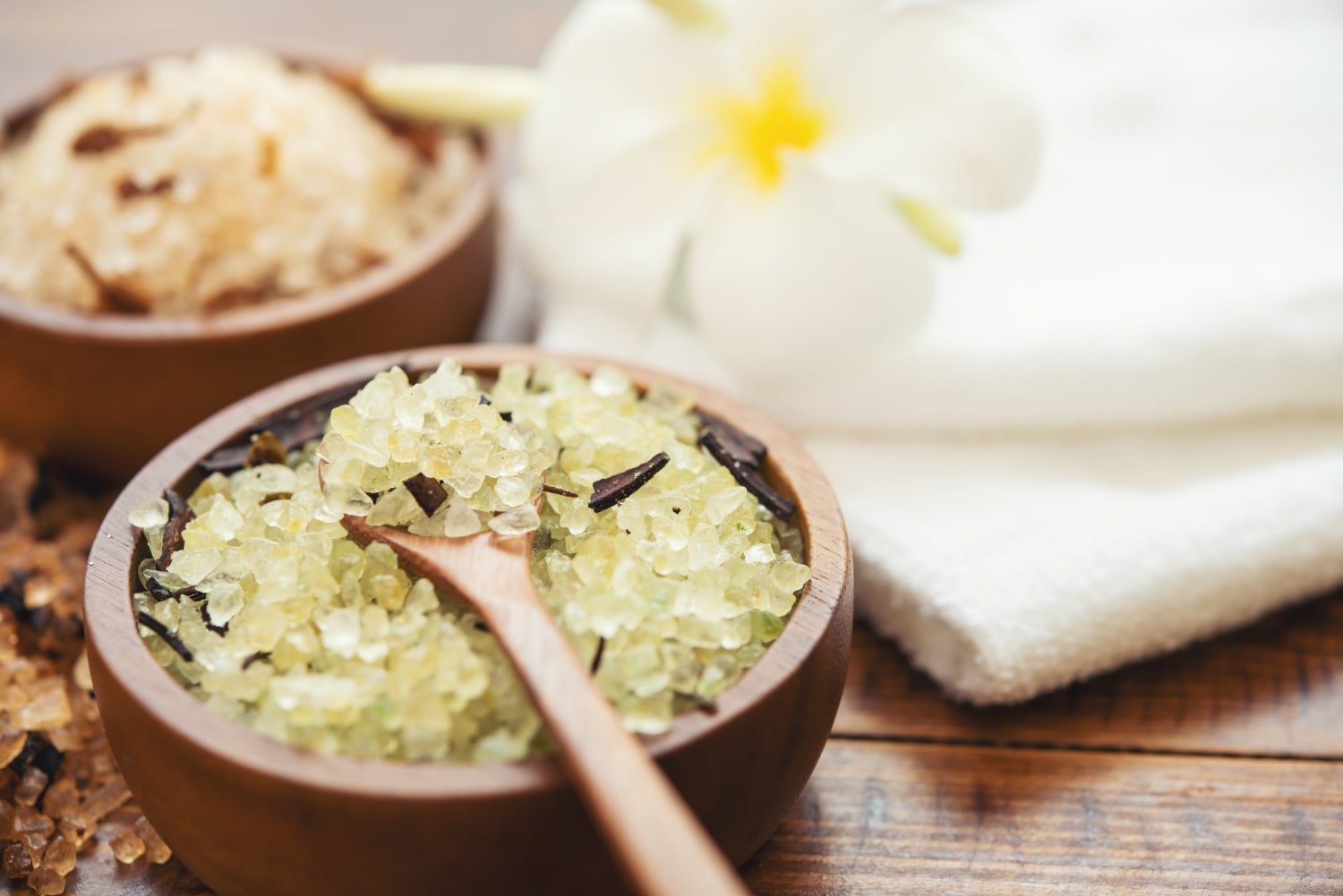Nighttime bladder relief doesn’t have to be a far-fetched dream. If you’re waking up multiple times each night to rush to the bathroom, you’re not alone. This common issue can disrupt your sleep, affect your mood, and even impact your overall health. Let’s dive into some secrets that can help you find that sweet relief you’ve been searching for.
Contents
Understanding Nighttime Bladder Issues
Nighttime bladder issues, or nocturia, occur when you wake up at least once during the night to urinate. It’s more than just an inconvenience; it can rob you of precious sleep and leave you feeling drained the next day.
The causes can range from simple lifestyle choices to underlying medical conditions. Understanding your body and what triggers your nighttime trips can be the key to finding effective relief.
1. Mind Your Evening Fluid Intake
One of the simplest ways to achieve nighttime bladder relief is to watch what you drink in the evening.
- Limit fluids: Aim to cut back on liquids a few hours before bed.
- Choose wisely: If you must drink, opt for water instead of caffeine or alcohol, both of which can irritate your bladder.
By being mindful of what goes into your body, you can significantly reduce those late-night bathroom breaks.
2. Create a Relaxing Bedtime Routine
Your body craves consistency. Establishing a calming bedtime routine can signal your mind and body that it’s time to unwind.
- Wind down: Engage in activities that help you relax, such as reading or gentle stretching.
- Limit screen time: The blue light emitted by screens can interfere with your sleep cycle.
Consistency is key. When your body knows it’s time for sleep, it’s less likely to wake you up for unnecessary trips to the bathroom.
3. Practice Bladder Training
Bladder training can be a game-changer for those seeking nighttime bladder relief. This technique involves gradually increasing the time between bathroom visits.
- Schedule trips: Start by visiting the bathroom every hour during the day. As your bladder adjusts, extend the intervals.
- Stay patient: It may take time, but this training can strengthen your bladder muscles and improve your control.
By training your bladder, you’re essentially teaching it to hold more, which can lead to fewer nighttime wake-ups.
4. Pay Attention to Your Diet
What you eat can have a significant impact on your bladder health.
- Avoid irritants: Foods like spicy dishes, citrus fruits, and artificial sweeteners may aggravate your bladder.
- Opt for bladder-friendly foods: Incorporate items rich in fiber, such as fruits, vegetables, and whole grains, which can help maintain overall urinary health.
Your diet is more than just fuel; it can be a powerful tool in your quest for nighttime comfort.
5. Consider Your Sleep Position
Believe it or not, your sleep position can influence how often you wake up to go to the bathroom.
- Sleep on your side: This position can relieve pressure on your bladder.
- Elevate your legs: Using a pillow to elevate your legs can help reduce fluid retention, leading to fewer trips to the bathroom.
Experimenting with your sleep position might just unlock a better night’s rest.
6. Stay Active During the Day
Regular physical activity is essential for maintaining overall health, but it can also play a significant role in bladder function.
- Aim for at least 30 minutes: Engage in moderate exercise most days of the week.
- Incorporate pelvic floor exercises: Kegel exercises can strengthen the muscles supporting your bladder.
When you keep your body moving, you promote better blood flow and overall function, which can contribute to fewer nighttime interruptions.
7. Consult a Healthcare Provider
If your nighttime bladder issues persist despite making lifestyle adjustments, it’s time to consult a healthcare professional.
- Seek expertise: A doctor can evaluate your symptoms, conduct necessary tests, and provide tailored treatment options.
- Consider medications: In some cases, medications may be necessary to help manage your bladder health.
Your health is paramount. Don’t hesitate to seek help if you need it.
Bottom Line
Finding effective nighttime bladder relief is about understanding your body and making small adjustments that can lead to significant improvements. From managing your fluid intake to consulting with a healthcare professional, every step you take can lead you closer to restful nights and refreshed mornings.
Take control of your nights and reclaim your sleep. You deserve it!
FAQs
Q: How much fluid should I drink before bed?
A: Aim to limit your fluid intake about two to three hours before bedtime, keeping it to small sips if necessary.
Q: Are there any medications for nighttime bladder issues?
A: Yes, various medications can help manage symptoms. Consult your doctor for the best options.
Q: Can stress affect nighttime bladder issues?
A: Absolutely. Stress can exacerbate bladder problems. Consider relaxation techniques to help manage stress levels.
Embrace these secrets and take the first step toward a more restful night today!
Get Your FREE Natural Health Guide!
Subscribe now and receive our exclusive ebook packed with natural health tips, practical wellness advice, and easy lifestyle changes, delivered straight to your inbox.






